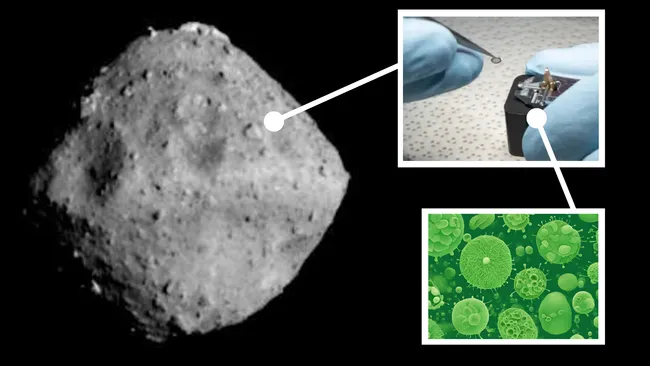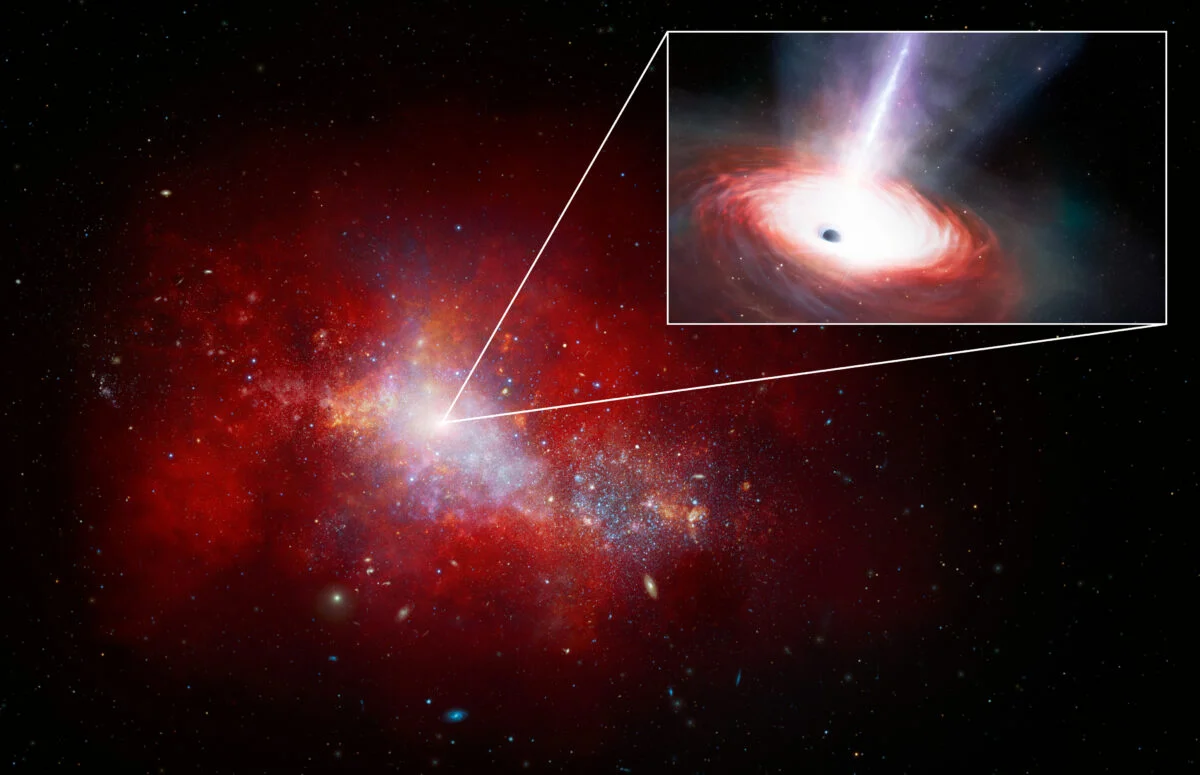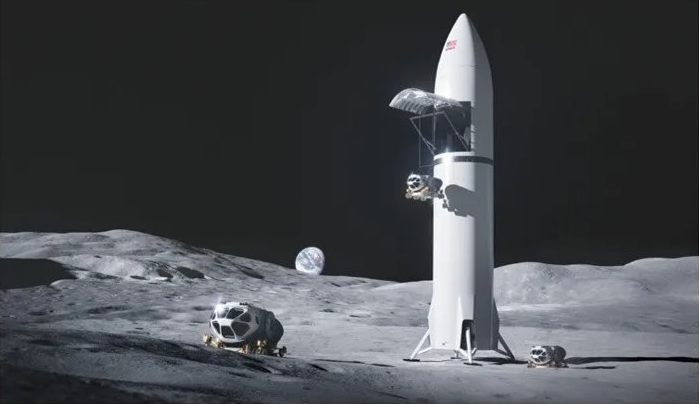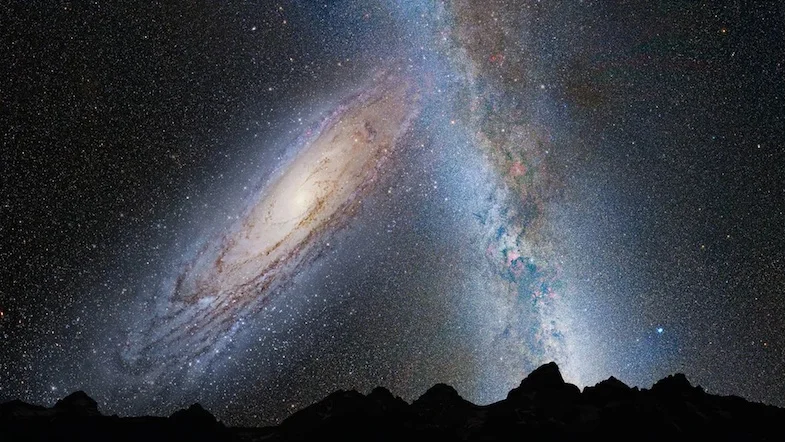
Earth Microbes Rapidly Colonized Asteroid Ryugu Sample After Its Return
- News
- September 19, 2024
- 639
A groundbreaking discovery reveals that a sample from asteroid Ryugu, brought to Earth by Japan’s Hayabusa2 spacecraft, was swiftly colonized by Earth-based microorganisms. This unexpected finding highlights the remarkable ability of terrestrial microbes to invade extraterrestrial materials, raising questions about contamination and the search for alien life.
The Journey of Ryugu’s Sample
The Japan Aerospace Exploration Agency (JAXA) launched Hayabusa2 in December 2014 to study asteroid Ryugu, a carbon-rich body about 3,000 feet (900 meters) in diameter. After rendezvousing with Ryugu in June 2018, the spacecraft spent a year analyzing its surface before collecting a sample. This precious cargo returned to Earth on December 6, 2020, while Hayabusa2 continued on to explore other asteroids.
Upon arrival, the Ryugu sample was distributed among scientific teams worldwide for analysis. One such team, led by Matthew Genge from Imperial College London, discovered evidence of microbial contamination.
Discovery of Earth-Based Microorganisms
The research team found rods and filaments on the asteroid material, later identified as filamentous microorganisms. These microbes grew and spread across the sample before dying off, suggesting they were terrestrial in origin and had colonized the sample after its return to Earth.
“We found microorganisms in a sample returned from an asteroid,” Genge told Space.com. “They appeared on the rock and spread with time before finally dying off. The change in their numbers confirmed they were living microbes.”
While the exact species remains unidentified, Genge speculates that they were likely Bacillus bacteria, commonly found in soil and rock environments.
Could They Be Alien?
The possibility that these microorganisms originated on Ryugu is unlikely, according to the researchers. Without analyzing their DNA, the team cannot definitively rule out an extraterrestrial origin. However, the evidence strongly suggests these microbes were introduced on Earth after the sample was retrieved.
“The fact that terrestrial microbes are the Earth’s best colonizers means we can never completely discount terrestrial contamination,” Genge noted.
Implications for Astrobiology
This discovery underscores a critical challenge in astrobiology: the risk of contamination when studying extraterrestrial materials. As scientists intensify efforts to find microbial life on Mars and other celestial bodies, ensuring sample purity will be crucial to avoid misinterpreting Earth-based life as alien.
Next Steps in Ryugu Analysis
Further study of the Ryugu samples is underway to extract uncontaminated material for analysis. These pristine sections may provide valuable insights into the asteroid’s composition and the early solar system. Meanwhile, this incident serves as a reminder of the persistent and adaptable nature of life on Earth—and the need for stringent protocols in future space missions.
The Ryugu sample’s journey demonstrates the complexity of studying extraterrestrial materials in a world teeming with life and highlights the intricate dance between science, contamination, and the search for life beyond our planet.



